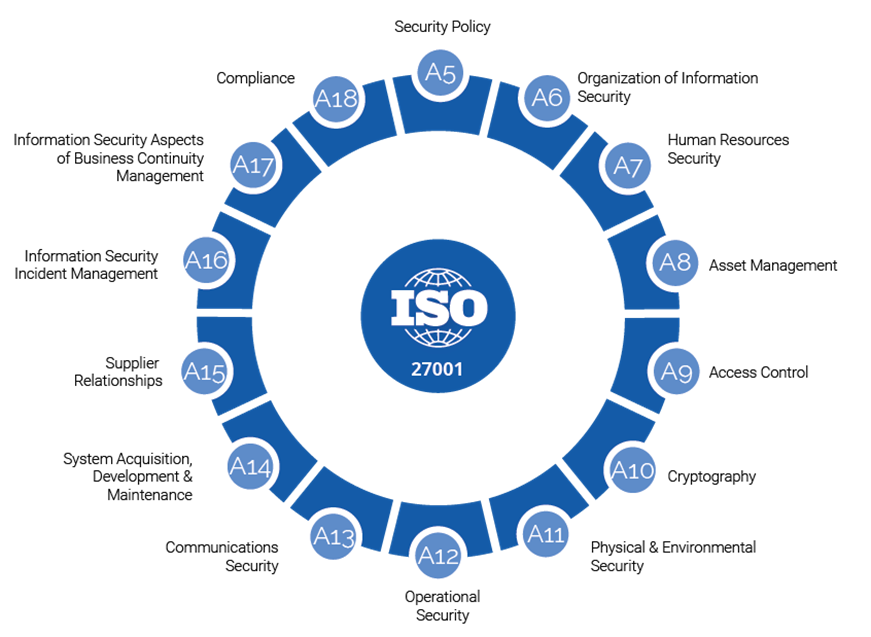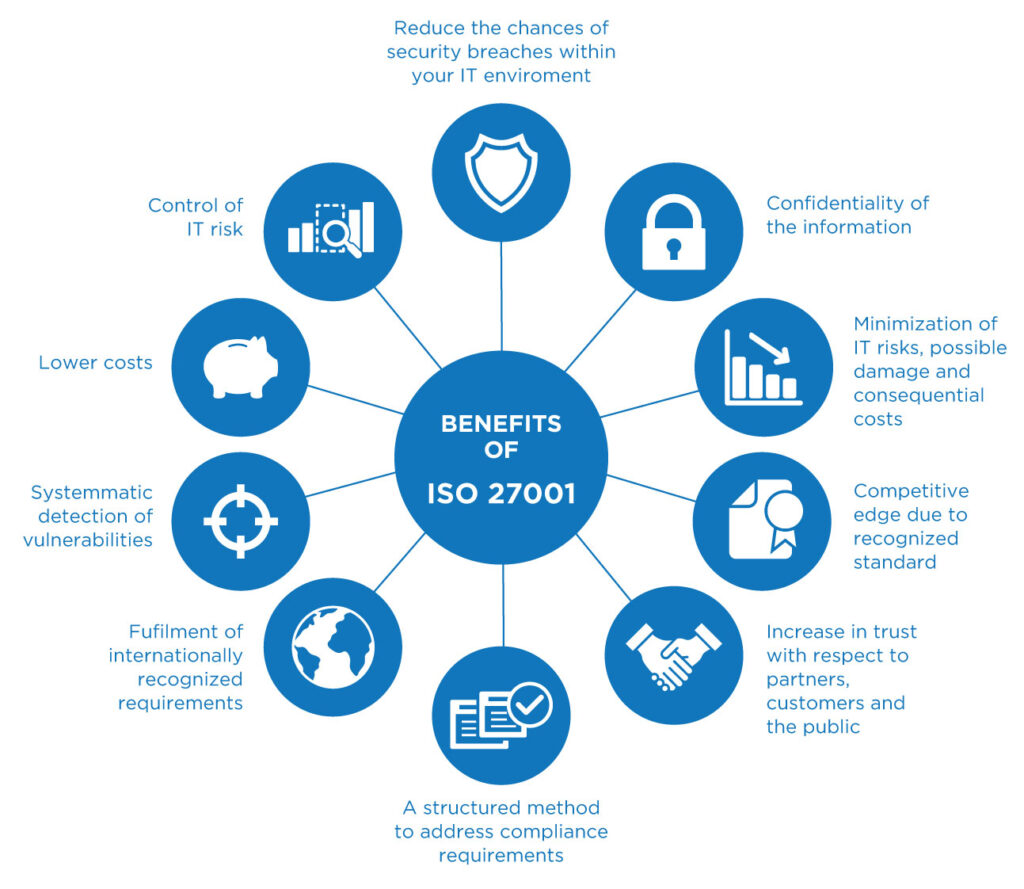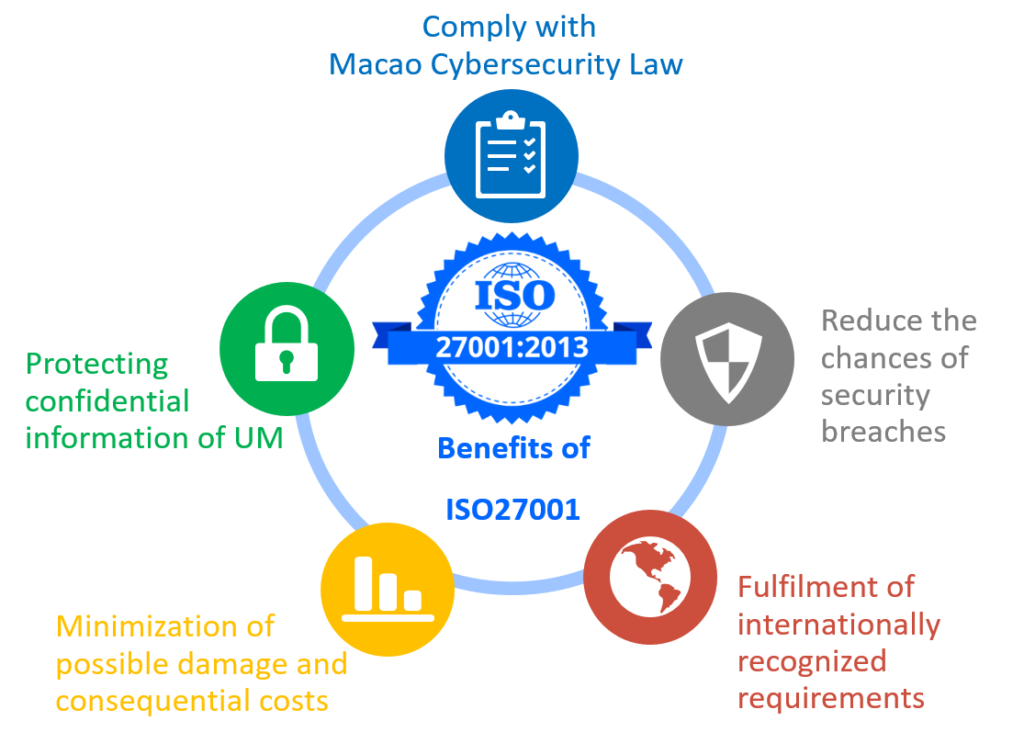Understanding ISO 27001 Certification
The International Organization for Standardization (ISO) has produced ISO 27001, a standard on how to manage information security (ISO). It covers the requirements for building, maintaining, and improving a system for information security management (ISMS). ISO 27001 is using to demonstrate to customers and prospects the success of a company’s security program.

An entity that is ISO 27001 certified has worked with an ISO accredited certifying body (CB) and undertaken an evaluation that resulted in the certification of the organization’s management system. It is an international standard that has been adopted by countries other than the United States. However, business-to-business service providers in the United States have been pursuing it for the past ten years. Its primary purpose is to demonstrate a certain level of security maturity.
Reasons to choose ISO 27001 Certification

ISO 27001 aims to give a set of guidelines for how modern businesses should manage their information and data. Risk management is an important aspect, as it ensures that a corporation or non-profit organization understands its strengths and limitations. Obtaining this certification was well worth the effort. Despite the fact that sometimes the contract can hinge on the certification, it’s a good business decision for a variety of reasons. This method has been extremely effective in gaining client trust. To obtain this, there are no legal prerequisites. However, your company’s certification may be subject to contractual limitations. An organization typically chooses this certification for one or more of the following reasons:
- Security questionnaires or consumer audits have become too much for a company to handle.
- In a commercial arrangement, a prospect or customer requirement dictates it.
- During the sales process, potential clients inquire about security and official certification.
- Your entire security posture is something that an organization wants to improve.
How frequently are ISO 27001 audits conduct?

An ISO 27001 internal audit should perform at least once a year, according to experts. Although this may not always be practical, you should undertake an audit at least every three years. ISO certification takes place once a year over a three-year period, with the first year consisting of Stage 1 and Stage 2 audits, and the second and third years comprising of ‘surveillance audits.’ Stage 1 audits are only conducted during the first year of an organization’s ISO 27001 pursuit. The Stage 2 audit is usually complete one (1) to three (3) months after the Stage 1 audit is complete. Surveillance audits cover around one-third of the whole control scope. A comprehensive Stage 2 audit perform in year four, and the cycle continues in successive years.

